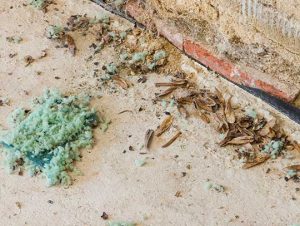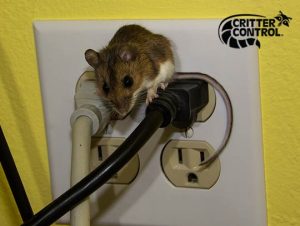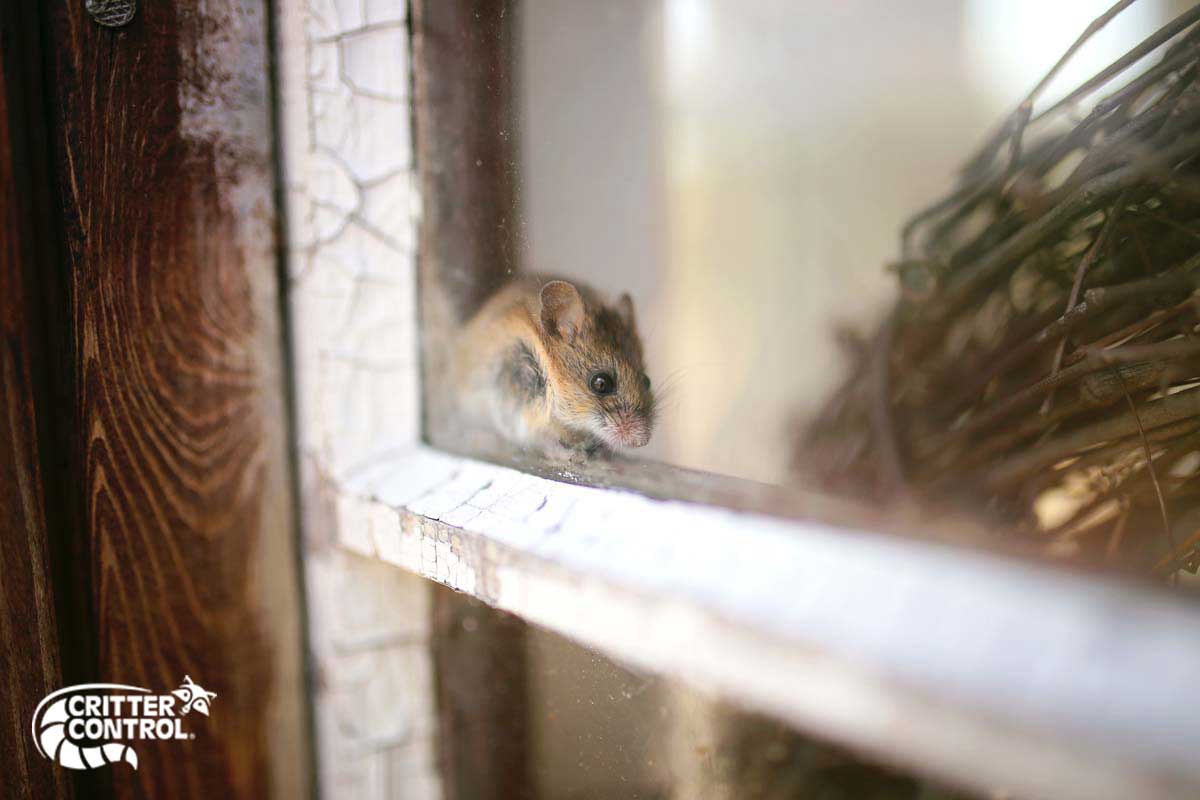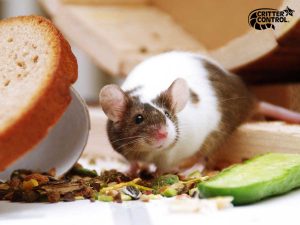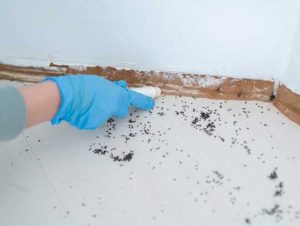
Nobody wants rodents in their home; however, rats and mice are efficient at finding their way inside Boston area properties. The nuisance pests often gain access through gaps or cracks in vulnerable places around your home. Once inside, the pests will nest in your attic, walls, or crawl spaces before accessing your food and water sources. Fortunately, there are some rodent-proofing tips to prevent invasive rats and mice from taking over your home.
Rodent-Proofing Your Home
To effectively rodent-proof your property, start by looking in the most exposed areas both in and outside of your home. Some of the most common entry points that rats and mice use include:
- Gaps under windows and doors
- Piping leading to sinks, appliances, and water heaters
- Dryer vents
- Floor drains in basements or laundry rooms
- Wall exposures in foundations, basements, and attics crawl spaces
- Around openings for electric, plumbing, and gas lines
How to Seal Entry Points and Cracks
Once you’ve identified the areas of exposure around your home, seal them up to prevent rodents from getting through. Steel wool is a thick material that rodents can’t chew through. Simply fill the gap with steel wool and caulk around the area to keep it in place. Larger holes can be filled with cement, hardware cloth, or metal sheeting. Make sure any wet materials used to seal gaps sets properly to ensure your rodent-proofing techniques can’t be chewed or torn through.
The Inefficiencies of DIY Rodent-Proofing
At-home, DIY rodent-proofing may catch some of the vulnerable areas, but it takes expertise to fully ensure rats and mice won’t make it inside your home. Rodent removal professionals will have the experience and equipment to locate rodent entry points and effectively seal them to prevent future infestations. Therefore, the best way to remove rodents and fortify your home is to call the rodent-proofing experts at Critter Control® of Boston.
Professional Rodent-Proofing Services in the Greater Boston Area
At Critter Control® of Boston, our team of wildlife removal professionals use non-toxic, chemical-free, and humane methods to remove rodents and keep them from returning. To schedule your inspection and receive a free estimate for our efficient rodent-proofing and removal services, call us today at 617-975-0440.




